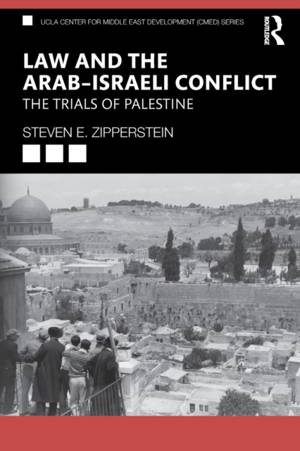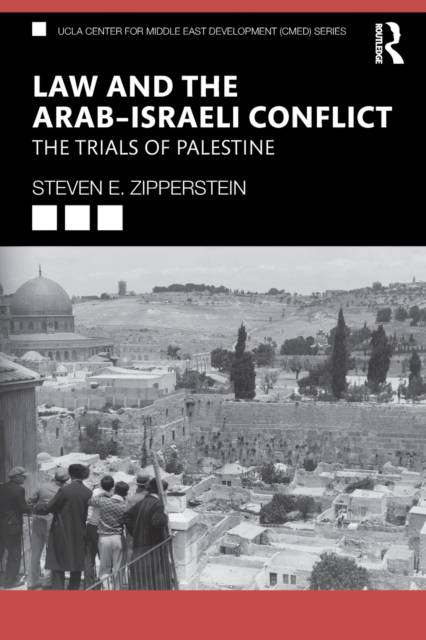
- Retrait gratuit dans votre magasin Club
- 7.000.000 titres dans notre catalogue
- Payer en toute sécurité
- Toujours un magasin près de chez vous
- Retrait gratuit dans votre magasin Club
- 7.000.0000 titres dans notre catalogue
- Payer en toute sécurité
- Toujours un magasin près de chez vous
Description
During the British Mandate for Palestine (1922-1948), Arabs and Jews repeatedly used the law to gain leverage and influence international opinion, especially in three dramatic and largely forgotten trials involving two issues: the interplay between conflicting British promises to the Arabs and Jews during World War I, and the parties' rights and claims to the Wailing Wall.
Focusing on how all three parties - Arab, Jewish, and British - used the law and the legal process to advance their objectives during the Mandate years, this volume reveals how the parties availed themselves - with varying degrees of success - of the law and the legal process. The book examines various legal arguments they proffered, and how that early tendency to resort to the law as a tool, a resource, and a weapon in the conflict has continued to this day. The research relies almost entirely on primary source documents, including transcripts of the public and secret testimony before the Shaw, Lofgren, and Peel Commissions, diaries, letters, government files, and other original sources.
This study explores the origins of many of the fundamental legal arguments in the Arab-Israeli conflict that prevail to this day. Filling a gap in research, this is a key text for scholars and students interested in the Arab-Israeli conflict, Lawfare, and the Middle East.
Spécifications
Parties prenantes
- Auteur(s) :
- Editeur:
Contenu
- Nombre de pages :
- 396
- Langue:
- Anglais
- Collection :
Caractéristiques
- EAN:
- 9780367435080
- Date de parution :
- 03-03-20
- Format:
- Livre broché
- Format numérique:
- Trade paperback (VS)
- Dimensions :
- 155 mm x 231 mm
- Poids :
- 589 g

Les avis
Nous publions uniquement les avis qui respectent les conditions requises. Consultez nos conditions pour les avis.






